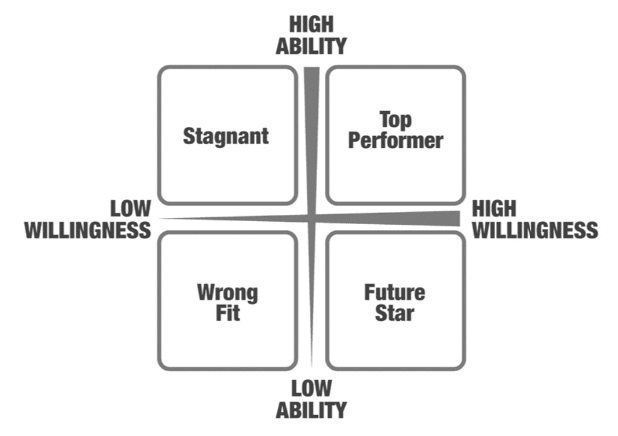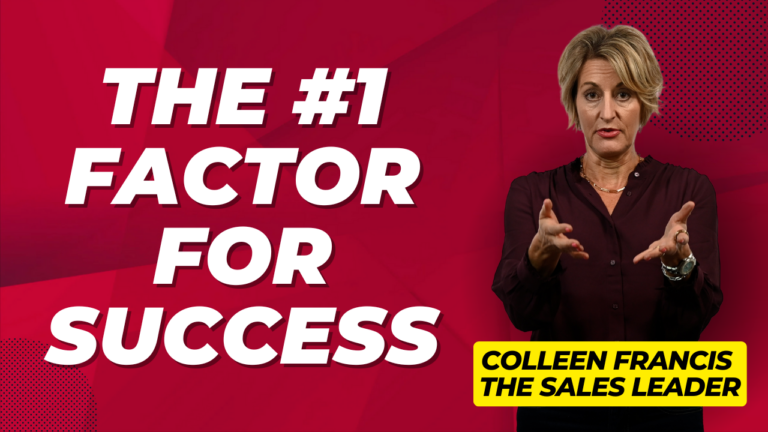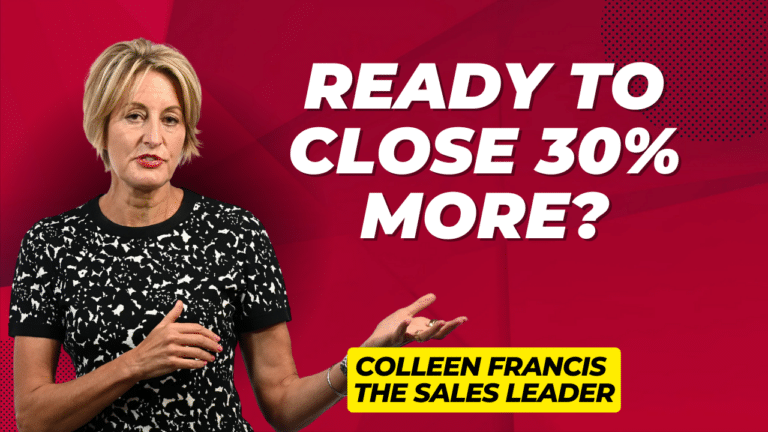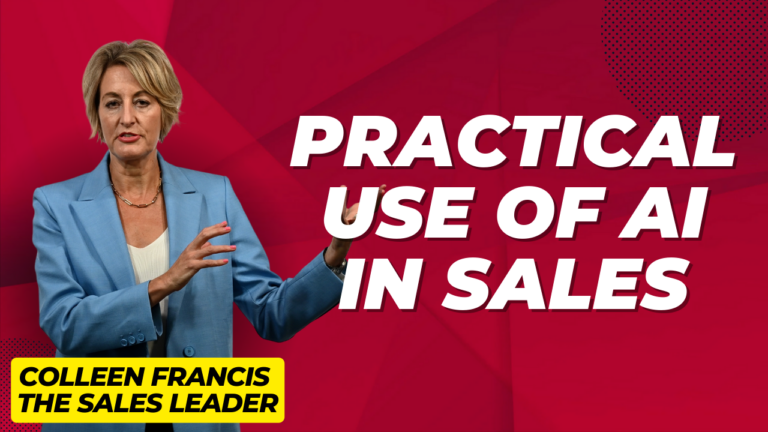Don’t let unapplied knowledge destroy your sales team!
I talk a lot about how the sales landscape today is completely different from just a few years ago…and that there’s no going back to the way things used to be.
I make the case for this in my new book, Right on the Money. As I explain in an early chapter, if you’ve not already overhauled everything that governs how you connect with customers, you’re stuck using an old map, drawn up to match a landscape of assumptions that simply no longer exists.
But diagnosing that problem (i.e., gaining knowledge) is only one half of a complete solution. The other half is all about applying that knowledge. Here’s the most frustrating thing I see out there today. Companies spend millions on the first half…and then they don’t execute. They don’t apply what they’ve learned. That only happens for one reason: unwillingness—first by the seller and then by the leader.
How to Prevent Unapplied Knowledge
Coaching people isn’t just about dropping them into a classroom and showing them how to improve their performance with field-tested, proven methods. It extends beyond in-class instruction. And it’s that last step—applying knowledge—that too often seems a step too far for many.
A recent Gartner study offers two jarring insights. Up to 66% of salespeople say they pick up most of what they learn outside the classroom, and 70% of sales leaders feel low confidence in their ability to translate strategy into action.
That’s why I remind people all the time: unapplied knowledge is a waste of everything. A waste of time. Of resources. Of energy and of sprit.
How in the world can anyone look at the state of sales today, correctly seeing what must change…and then doing nothing about it?
You Must Have a Coaching Plan
Your best coaching always builds on people being both willing and capable of applying what they learn. I use the attached chart to position where your sellers are, and show whether you can boost their results with a coaching strategy. But it also looks at what to do when training doesn’t seem to be working. Let’s take a closer look at four possible outcomes and reflect on what each one means for you.
1. High willingness and high ability: These are your superstars. They know what needs to be done and how to do it, and they put in the work to make it happen. They constantly address both their attitude and their skill set. Here, it’s a mistake to leave them alone. Instead, take a refined coaching approach aimed at capturing best practices—not just for their own benefit, but for your whole organization, too.
2. High willingness and low ability: These are the ones that say, “Put me in, coach!” But then they strike out because they’re lacking refined skills to get a job done well. They need to learn all your products or to internalize your value proposition, both of which you can address with training. Here, coaching works its magic because it can transform willingness into sharper skills and real growth.
3. Low willingness and high ability: Of all four categories, these are the ones I worry about the most, because they’re stagnant sellers. They represent the biggest coaching conundrum. Seasoned vets with twenty to thirty years of experience often find themselves in this situation—a long, previously successful record of doing things a certain way. The solution here is to find pathways that get them to care enough about renewed success that they’re willing to try different approaches to get back on track.
4. Low willingness and low ability: Some on your team may simply end up being the wrong fit—unwilling or unable to take steps that lead to success. Sometimes, that means showing someone the door. But not always. I had a client with a team member who was once a top performer in one division. But they moved to another division and became deeply frustrated and seemingly uncoachable. And yet, it was only because of coaching that we had the insights needed to understand that the correct solution was to move that person back to their previous role. In doing so, we saved a seller’s career.
You must look at coaching as being something more than just training. The full power of coaching is realized when you teach people and then help them apply what they have learned. Apply knowledge always! In doing so, you avoid a deadly set of mistakes, and instead position yourself and your team for the success and growth you all deserve.






